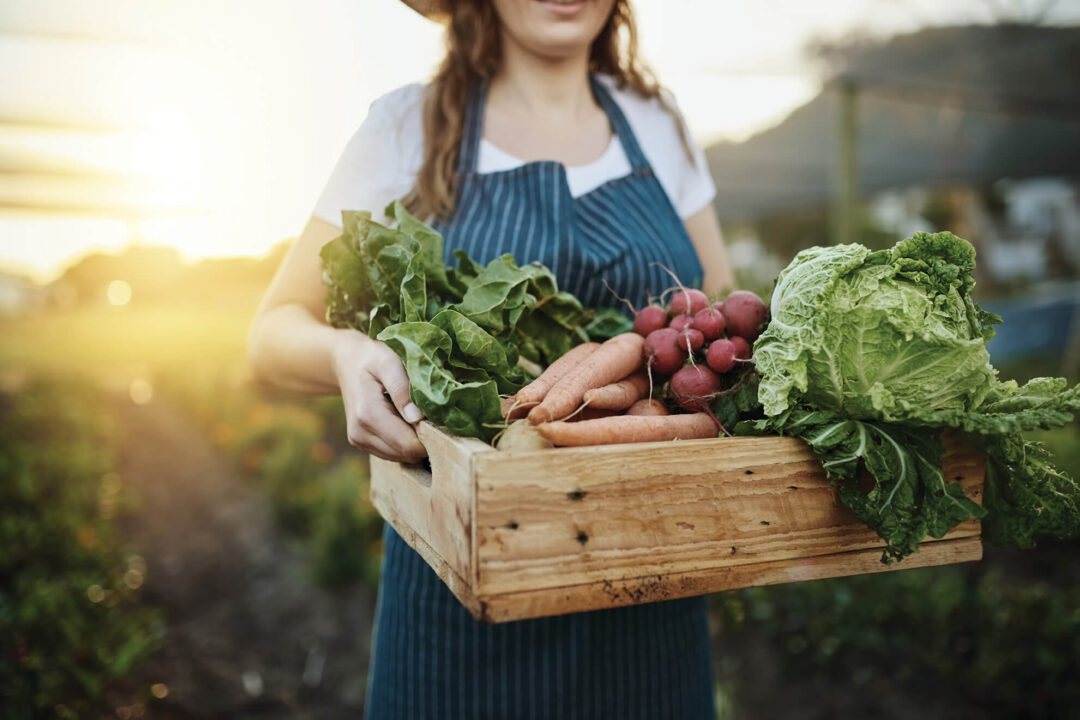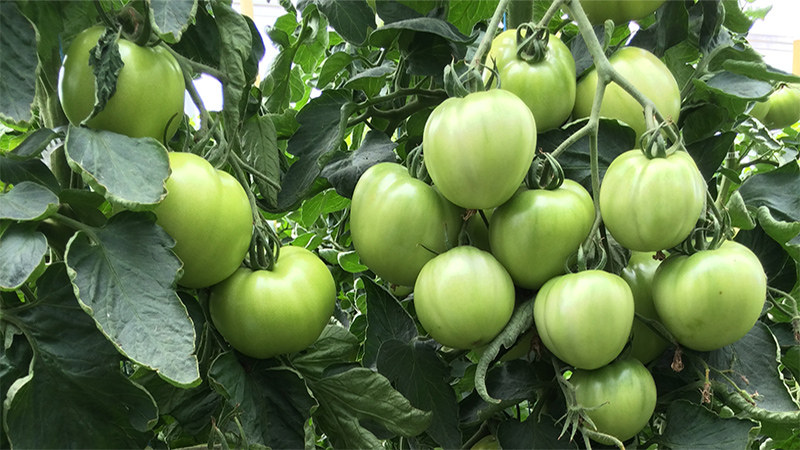New European Regulation Opens Door to a More Sustainable Agriculture
On 16 July, the European Union (EU) Fertilising Products Regulation (FPR) officially opened the European market for recycled and organic materials for fertilizing purposes and importantly, biostimulants. While biostimulants were previously considered part of plant protection products category, this new regulation recognized the proven potential for biostimulants to also support the growth and yield of crops by creating a clear functional delineation between this category and those specifically for plant protection.
For the first time, all EU member states will share the same official definition of agricultural biostimulants, representing a major breakthrough for every company operating in the industry.
According to the European Biostimulant Industry Council (EBIC), most market analysts report that the European biostimulants market accounts for roughly half of the global market, driven by a desire for efficiency, consumer demand for products with reduced environmental impact, and the ability for biostimulants to target specific agronomic needs, among others.
As a founding member of EBIC, Tradecorp worked alongside other industry leaders for years to champion a unified definition of biostimulants throughout the European Union and include it as part of the EU Fertilising Products Regulation.
Tradecorp views this as a great step forward in sustainable agriculture and the transformation of the agricultural sector, as well as an important milestone for Europe to be at the forefront of the industry, acting as a reference for the rest of the world in terms of agricultural regulation.
The new regulation is also aligned with various programs already in place in Europe such as the Common Agricultural Policy, the EU Green Deal, and the Farm to Fork Strategy, because it helps to promote greater use of recycled materials and the reduction of waste and dependence on imported nutrients. Biostimulants by nature are sustainable products and form part of the circular economy, which helps contribute to an overall, more sustainable agriculture.
For biostimulant manufacturers operating in Europe, this regulation brings a variety of benefits. Although the new regulation will co-exist in parallel to National Legislation and Mutual Recognition Regulation (Reg. EU 2019/515), it now provides a third option to register a product based on harmonization in the 27 member states of the EU. This alone helps to optimize the brand registration process and shorten the go-to-market time. Naturally, this also provides new sales opportunities for distribution within the EU that were previously non-existent or difficult to obtain.
Now companies can share their innovative and sustainable products throughout Europe more quickly, and to more markets.
FPR also benefits growers and distributors in the industry by not only increasing access to sustainable solutions, but by ensuring the safety and quality of all of the products on the market. Under the new regulation, product labels will be optimized so that the most important information is all on the front of the product, the effect of the biostimulant is clearly claimed on the label (verified by an independent body), and the products carry the CE mark, which notes that it has received the proper certification to be sold throughout the EU. FPR also introduces limit values for toxic contaminants as well as environmental and safety requirements for all products under the directive. This will afford growers greater reassurance and peace of mind that the biostimulants they are using are effective and safe to use on their crops.





